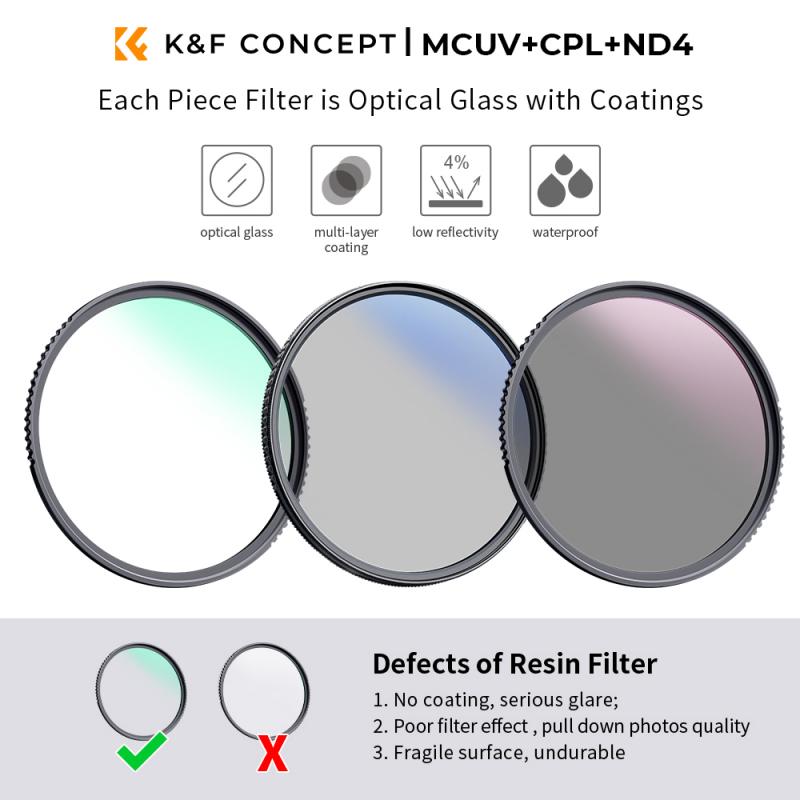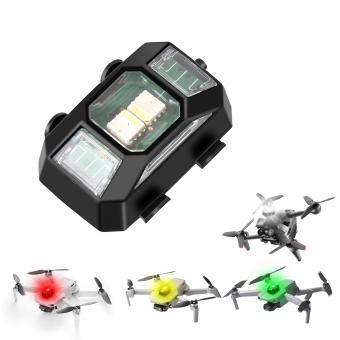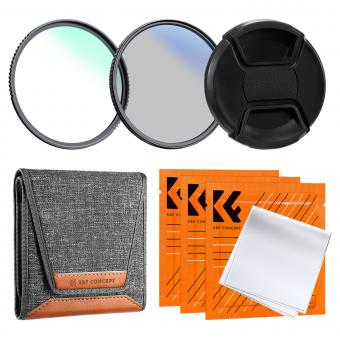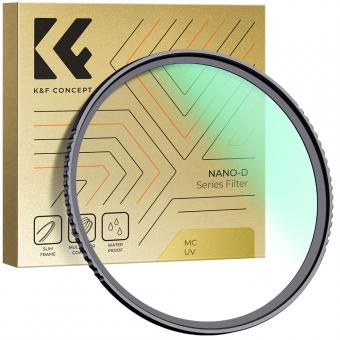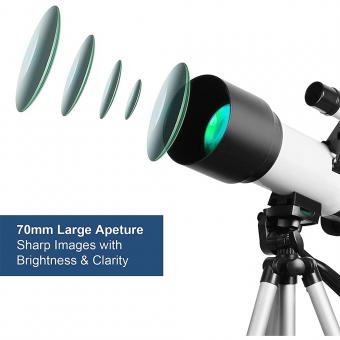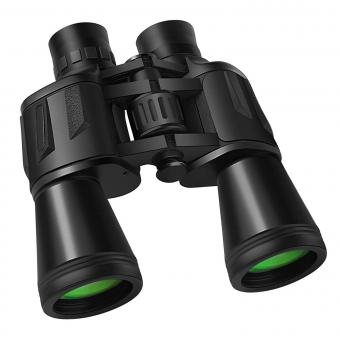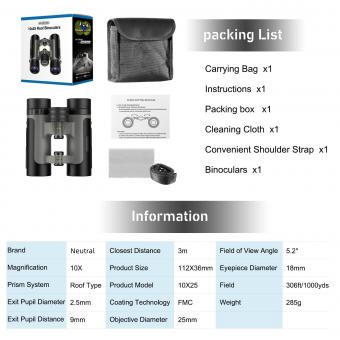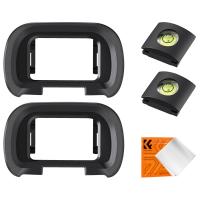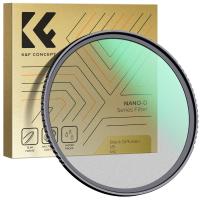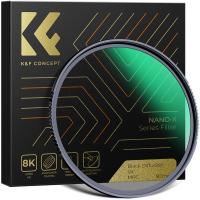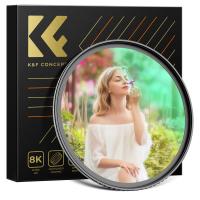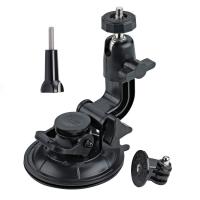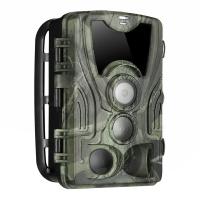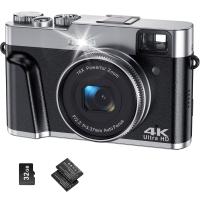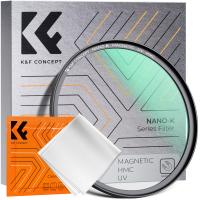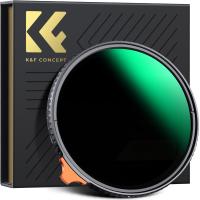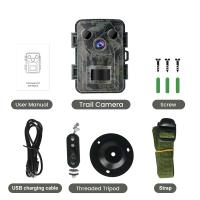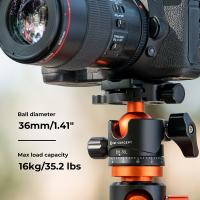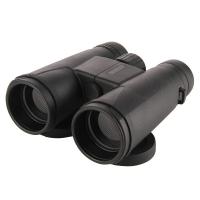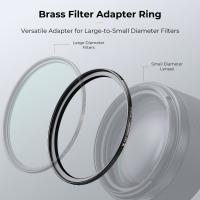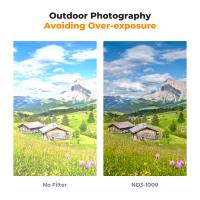Uv Lens Filter How Cheap Is Too Cheap ?
The price of UV lens filters can vary depending on the brand, quality, and features. Generally, it is recommended to avoid extremely cheap UV filters as they may be of lower quality and can potentially degrade the image quality. It is important to strike a balance between affordability and quality when purchasing a UV lens filter to ensure optimal performance and protection for your camera lens.
1、 Quality: Balancing affordability and optical performance in UV lens filters.
Quality: Balancing affordability and optical performance in UV lens filters.
When it comes to UV lens filters, finding the right balance between affordability and optical performance is crucial. While it is tempting to opt for the cheapest option available, it is important to consider the potential drawbacks that come with extremely low-priced filters.
UV lens filters are designed to block ultraviolet light and protect the camera lens from scratches, dust, and moisture. They also help improve image quality by reducing haze and increasing contrast. However, not all filters are created equal, and the quality of the filter can greatly impact the final image.
One of the main concerns with cheap UV lens filters is the potential degradation of image quality. Lower-priced filters may be made with lower-quality materials, resulting in reduced optical performance. This can lead to issues such as decreased sharpness, increased lens flare, and color distortion. In some cases, the filter may even introduce unwanted artifacts into the image.
Another consideration is the durability and build quality of the filter. Cheap filters are often made with less robust materials, making them more prone to scratches, cracks, and breakage. This can not only affect the image quality but also result in the need for frequent replacements, ultimately costing more in the long run.
However, it is important to note that not all affordable filters are of poor quality. There are reputable brands that offer reasonably priced filters without compromising on optical performance. These filters may not have all the bells and whistles of higher-end options, but they can still provide adequate protection and image enhancement.
In conclusion, when it comes to UV lens filters, it is essential to strike a balance between affordability and optical performance. While extremely cheap filters may seem tempting, they often come with compromises in terms of image quality and durability. It is advisable to invest in filters from reputable brands that offer a good balance of affordability and optical performance.
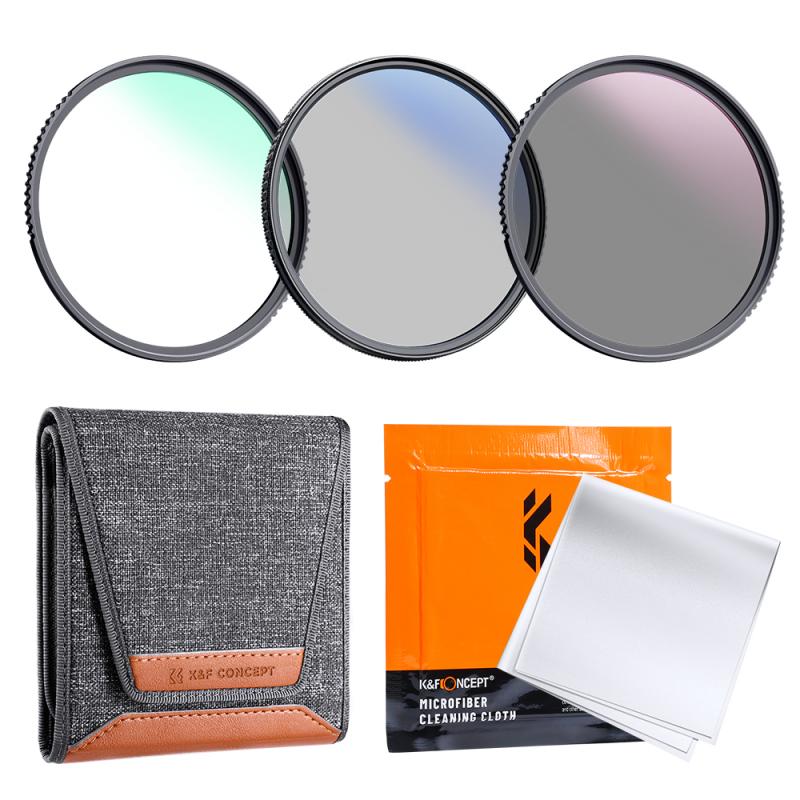
2、 Material: Evaluating the impact of low-cost materials on UV filter effectiveness.
Material: Evaluating the impact of low-cost materials on UV filter effectiveness.
When it comes to UV lens filters, the question of how cheap is too cheap is an important one. While affordability is a factor that many photographers consider, it is crucial to understand the impact of low-cost materials on the effectiveness of UV filters.
UV filters are designed to block ultraviolet light, which can cause haze and reduce image clarity. The quality of the filter material plays a significant role in its ability to effectively block UV rays. Cheaper filters often use lower-quality materials that may not provide the same level of protection as higher-end options.
One of the main concerns with low-cost UV filters is their potential to introduce image distortion or reduce image quality. Cheaper filters may not have the same level of optical clarity as more expensive ones, leading to decreased sharpness and color accuracy in photographs. This can be particularly noticeable in high-contrast scenes or when shooting with wide apertures.
Another consideration is the durability of the filter. Cheaper materials may be more prone to scratches, smudges, or even breakage, which can compromise the filter's effectiveness and potentially damage the lens itself. Investing in a higher-quality UV filter can provide better protection for your lens and ensure its longevity.
It is worth noting that not all low-cost UV filters are necessarily ineffective. Some budget-friendly options may still offer decent UV protection without significantly impacting image quality. However, it is essential to research and read reviews to ensure that the filter you choose strikes the right balance between affordability and effectiveness.
In conclusion, when it comes to UV lens filters, it is crucial to consider the impact of low-cost materials on their effectiveness. While affordability is a valid concern, compromising on quality can lead to image distortion, reduced image quality, and potential damage to your lens. Finding a balance between affordability and effectiveness is key, and thorough research is necessary to make an informed decision.
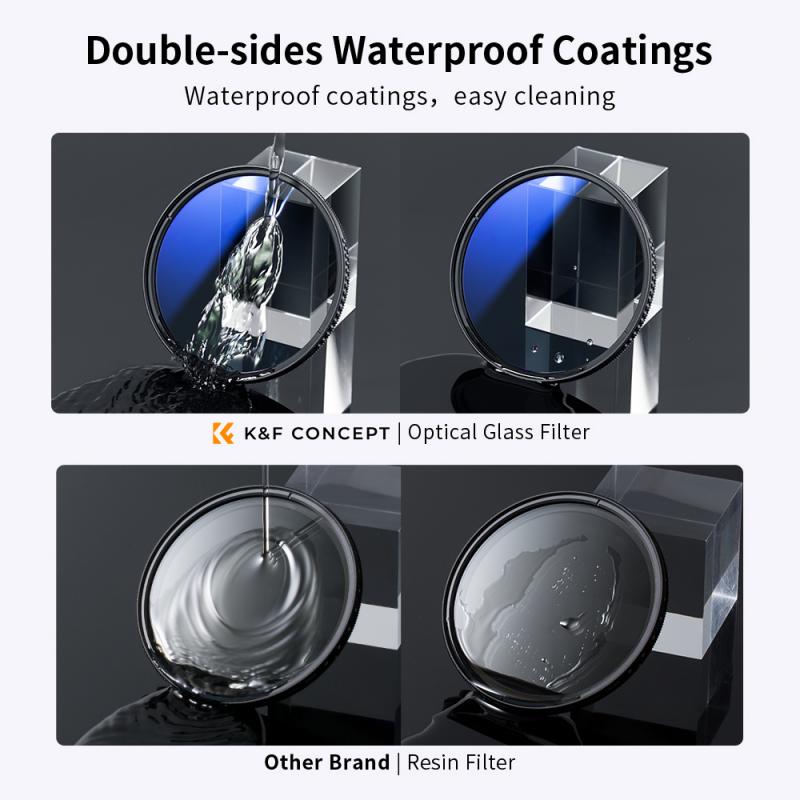
3、 Coating: The importance of quality coatings for UV lens filters.
Coating: The importance of quality coatings for UV lens filters.
When it comes to UV lens filters, the coating plays a crucial role in determining the overall quality and effectiveness of the filter. A high-quality coating can significantly enhance the performance of the filter, while a cheap or low-quality coating may compromise its effectiveness.
UV lens filters are designed to block ultraviolet light and protect the camera lens from potential damage. However, without a proper coating, the filter may not be able to effectively block UV rays, resulting in reduced image quality and potential lens flare.
A quality coating on a UV lens filter helps to minimize reflections and glare, ensuring that the light passing through the filter is not scattered or distorted. This results in sharper and more vibrant images with accurate color reproduction. Additionally, a good coating can also help to repel water, dust, and fingerprints, making it easier to clean and maintain the filter.
When it comes to the cost of UV lens filters, it is important to strike a balance between quality and affordability. While it is possible to find cheap filters on the market, it is crucial to consider the quality of the coating. A filter that is too cheap may have a subpar coating that can negatively impact image quality and overall performance.
It is recommended to invest in a UV lens filter from a reputable brand that uses high-quality coatings. These filters may be slightly more expensive, but they offer better optical performance and durability. It is worth noting that the latest advancements in coating technology have resulted in even better performance and durability, so it is advisable to consider filters with the latest coatings.
In conclusion, the coating of a UV lens filter plays a vital role in its performance and effectiveness. While it is important to find an affordable filter, it is crucial not to compromise on the quality of the coating. Investing in a filter with a high-quality coating from a reputable brand will ensure optimal image quality and protection for your camera lens.
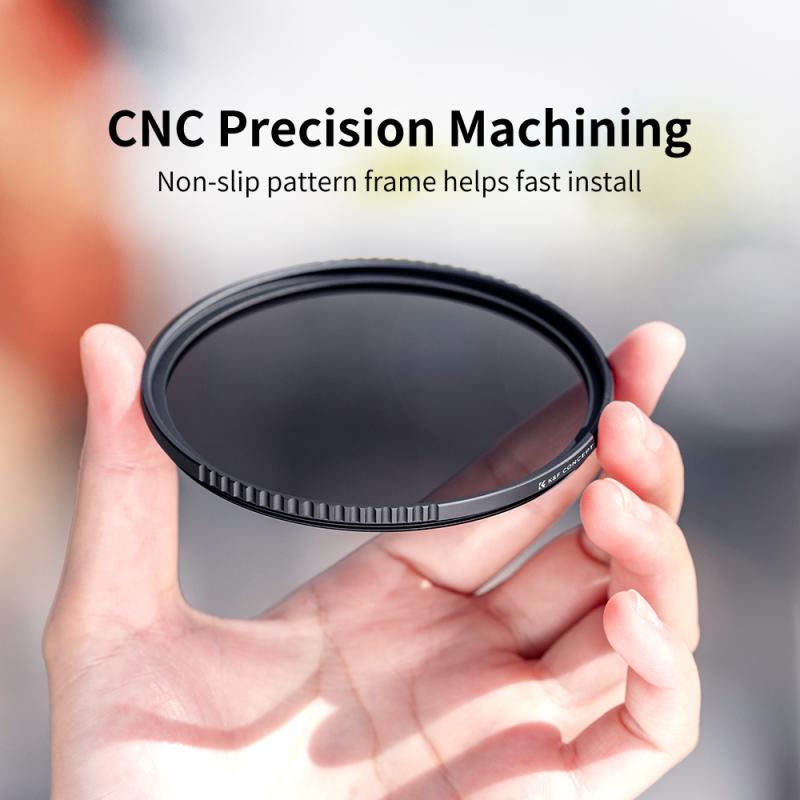
4、 Compatibility: Ensuring proper fit and compatibility with different lenses.
UV lens filters are an essential accessory for photographers as they provide protection to the front element of the lens from dust, moisture, and scratches. They also help in reducing the effects of ultraviolet light, resulting in clearer and sharper images. When it comes to purchasing a UV lens filter, it is important to consider factors such as quality, price, and compatibility.
While affordability is a significant consideration for many photographers, it is crucial to strike a balance between cost and quality. The question of "how cheap is too cheap" depends on the specific needs and preferences of the photographer. However, it is generally advisable to avoid extremely low-priced filters as they may compromise on quality.
Cheap UV filters often exhibit issues such as reduced optical clarity, color cast, and decreased sharpness. These factors can negatively impact image quality and defeat the purpose of using a filter in the first place. Additionally, low-quality filters may be prone to flaring and ghosting, leading to unwanted artifacts in photographs.
Compatibility is another crucial aspect to consider when purchasing a UV lens filter. Ensuring proper fit and compatibility with different lenses is essential to avoid vignetting or other issues that may arise from using an ill-fitting filter. It is recommended to check the filter thread size of the lens and choose a filter that matches it precisely.
In recent years, there has been a rise in the availability of affordable yet high-quality UV lens filters. Many reputable brands offer reasonably priced filters that provide excellent optical performance and compatibility with a wide range of lenses. It is advisable to read reviews, seek recommendations, and consider the reputation of the brand before making a purchase.
In conclusion, while affordability is important, it is crucial to avoid excessively cheap UV lens filters that compromise on quality. Striking a balance between cost and quality, and ensuring compatibility with different lenses, will help photographers make an informed decision and achieve optimal results in their photography endeavors.
